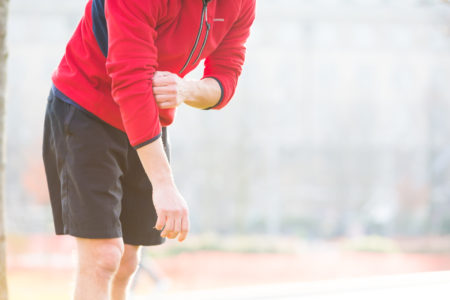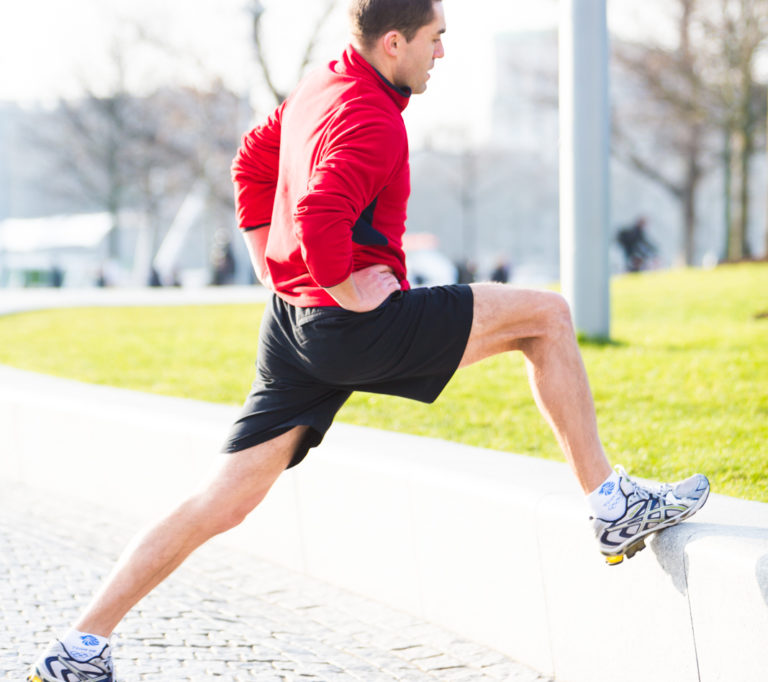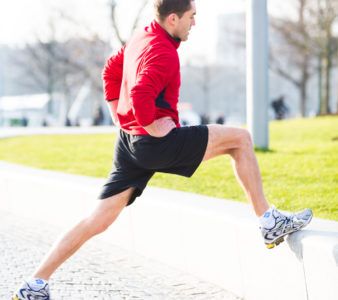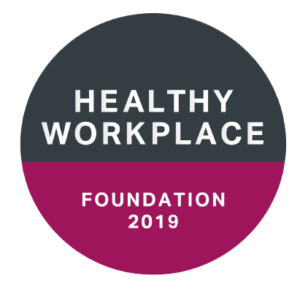If only I knew what I know now…
I can still remember the spring and summer of 1985. That was the time that I was taking my A levels after which, assuming that I got my grades, I would be the first person in my family to go to University. Back then, academic success was linked to hours and hours of study. Or at least that is what I interpreted it to be. Revise, re-cap, test papers, revision notes, every hour, every day. A daily diet of this and academic success was a guarantee. Or was it? And even if it was, at what cost?
As an aspiring track and field athlete, I took the decision to suspend my daily training to focus purely on my studies. I had seen in the years previous how hours of daily training could impact positively on my sporting performance, so there was no doubt in my mind that a similar dedication to my studies to the exclusion of all else would result in similar academic success. If only I knew then what I know now.

Sitting for long periods of time each and every day, I began to suffer muscle aches and then more worryingly pain in my knees and hands. My mood began to change as I became focused but withdrawn. Any communication with family or friends was short and often abrupt. The months immediately before and then during my examinations came and went, but unfortunately the pain in my joints didn’t, particularly in my knees.
Soon after my final exam, I began a series of visits to GP’s, hospitals and specialists trying to identify why I was feeling such pain. Even though the examinations had been completed, I was in too much pain to do any physical activity, which in turn affected my mental health. Examination after examination found no evidence of any physical illness or injury. X-rays and scans proved there was no joint damage, whilst blood tests ruled out other illnesses or infections.
Alleviating the pressures and stresses of academia
On starting university, and after many months of inactivity, negative feelings and many hours spent with medical professionals I took what is now an obvious decision, to start exercising again. Not at the level that I had all those months before, but gently and easily. Just walking at first and then gently stretching, my mood started to improve and although my joints still hurt, they were no worse. Slowly over a period of weeks walking became jogging, then jogging became running and almost in parallel the pain started to subside. Over a period of over 14 months, I recovered sufficiently to consider myself an athlete again, to return to training with others and to step foot onto a running track again.
To this day, I still don’t know what my condition actually was. What I do know is that my lack of physical activity negatively affected my mental health to such an extent that not only affected my thoughts, attitudes and behaviours but also caused actual physical pain. I also know that physical activity was the drug that was responsible for finding my cure. You don’t have to be athletically gifted, or even participate in any kind of competitive sport, but the positive impact that physical activity can have on your mental health, particularly during busy or stressful times, truly can be remarkable.
My experiences as a teenager have led me to always lead an active life, using exercise to alleviate the pressure and stresses that academia, work and life can cause, and to encourage others to do the same. I am at peace when I am physically active, and although life throws up many challenges and stresses I know that, for me at least, exercise is the way that I retain composure.
As Specialist Advisor – Children and Young People at London Sport, my job is now to advise, inform and create opportunities for more children and young people to develop a resilient physical activity habit which, in turn, has the potential to benefit their mental health for the rest of their lives.






